RCI highlights the need to Close The Disclosure Gap at the launch of its 2024 Statistics Report
Rape Crisis Ireland (RCI) is calling for urgent, collaborative action to ensure Ireland becomes a society where survivors of sexual violence feel safe to disclose, receive the support they need, and where prevention is prioritised from the outset.
At our Closing the Disclosure Gap: Exploring Trauma, Silence and Societal Transformation event in Dublin’s Mansion House on 5th November 2025, we highlighted the profound impact of sexual violence on survivors and examined what today’s evidence can tell us about the time between when an assault occurs and when a survivor first tells someone about it, creating the disclosure gap.
Our latest report, Learning from Survivors of Rape and Sexual Violence – Rape Crisis Statistics 2024, which was launched at the event, reveals that 20.6% of survivors receiving supports at RCI’s member rape crisis centres in 2024 waited more than 10 years before disclosing the abuse to anybody, whether that was to a friend or family member, a member of An Garda Síochána, a rape crisis worker or another trusted individual. Of those abused as children under 13 years and who reported to Gardaí, 45.5% did not report until more than 10 years after the incident.
After welcoming policymakers, academics and colleagues from across the sexual violence and NGO sector to our event, RCI Chair Anne Scully announced the new name of our recently upgraded data collection system: Mosaic – many experiences building one picture.
RCI’s Data and Privacy Manager Sally Aquilina outlined how Mosaic allowed detailed analysis of data and trends as centres have pooled their data in Mosaic, which is purpose-built to tell survivors’ stories, giving unique insight into the impacts of sexual violence on survivors.
RCI Executive Director Dr Clíona Saidléar said, “We can take action today to close the disclosure gap by being there when survivors come forward. Demand on services has grown sharply, with a 48% increase in appointments between 2017 and 2024 across a representative sample of rape crisis centres (RCCs). Every investment has helped survivors who once had no-one to turn to access support. Yet unmet need remains, with too many still unable to reach the services they need, when they need them. RCCs now provide support to those on waiting lists – a service that has become core to their work, but one that should never have to exist.
“Rape Crisis Ireland is calling for sustainable investment to expand capacity, including funding for a long-advocated national accompaniment programme so every survivor can have support at every stage, from reporting to recovery.
“We can now measure the disclosure gap,” Dr Saidléar continued. “The next step is to understand what happens within it, learn from survivors’ experiences, and support them through targeted research and engagement. We must also use this learning to build a truly trauma-informed society where survivors feel safe to disclose – to family, friends, colleagues, or a rape crisis centre – and, if they wish, to report formally. Real change will come only when survivors are believed, supported, and empowered to lead the way forward.”
Reflecting on the questions and challenges raised by RCI’s data about survivors’ experiences, Prof Orla Muldoon of the University of Limerick and Queen’s University Belfast said: “Rape Crisis Ireland is right to be highlighting the disclosure gap. Disclosing that you have been a victim of gender-based violence is a serious hurdle for many. The stigma surrounding violence serves to silence victims and is a public health and justice concern. It can be seen to sustain the problem.”
Sophia Murphy, activist, survivor of child sexual abuse, and co-host of the podcast Having the Chats with Peter and Sophia, shared how counselling marked the beginning of her healing journey following her disclosure of abuse and her report to An Garda Síochána at the age of 27.
“Rape crisis centres are so important,” she said. “To help people understand their trauma, to help people feel normal, feel safe, feel loved, and to feel supported and not judged.”
Learning from Survivors of Rape and Sexual Violence – Rape Crisis Statistics 2024 may be viewed online at this link.





